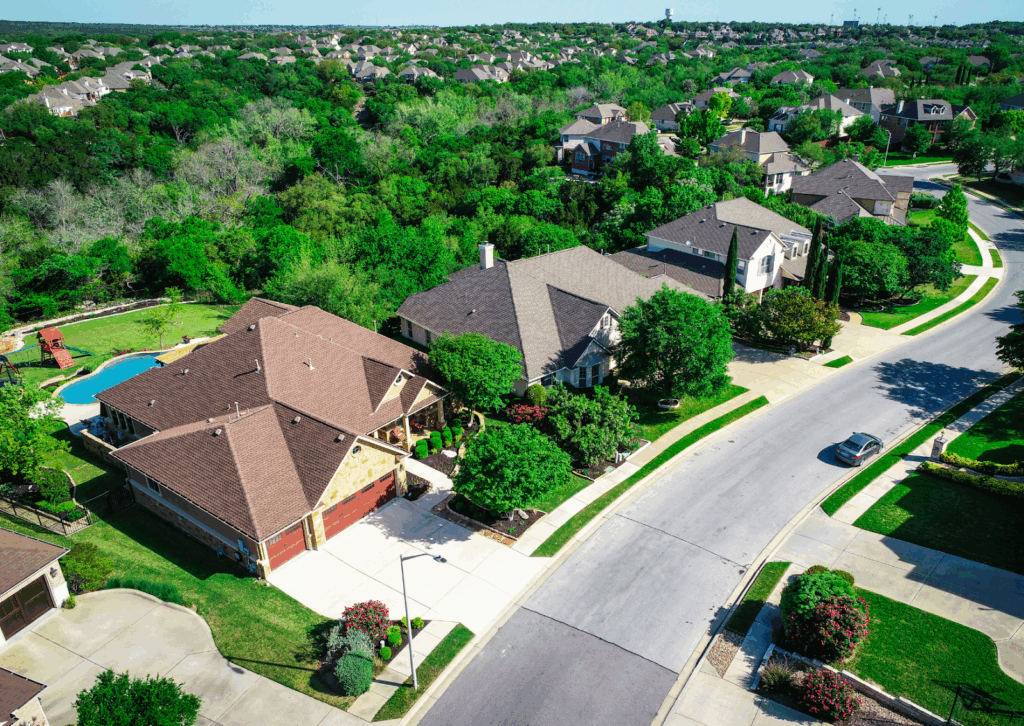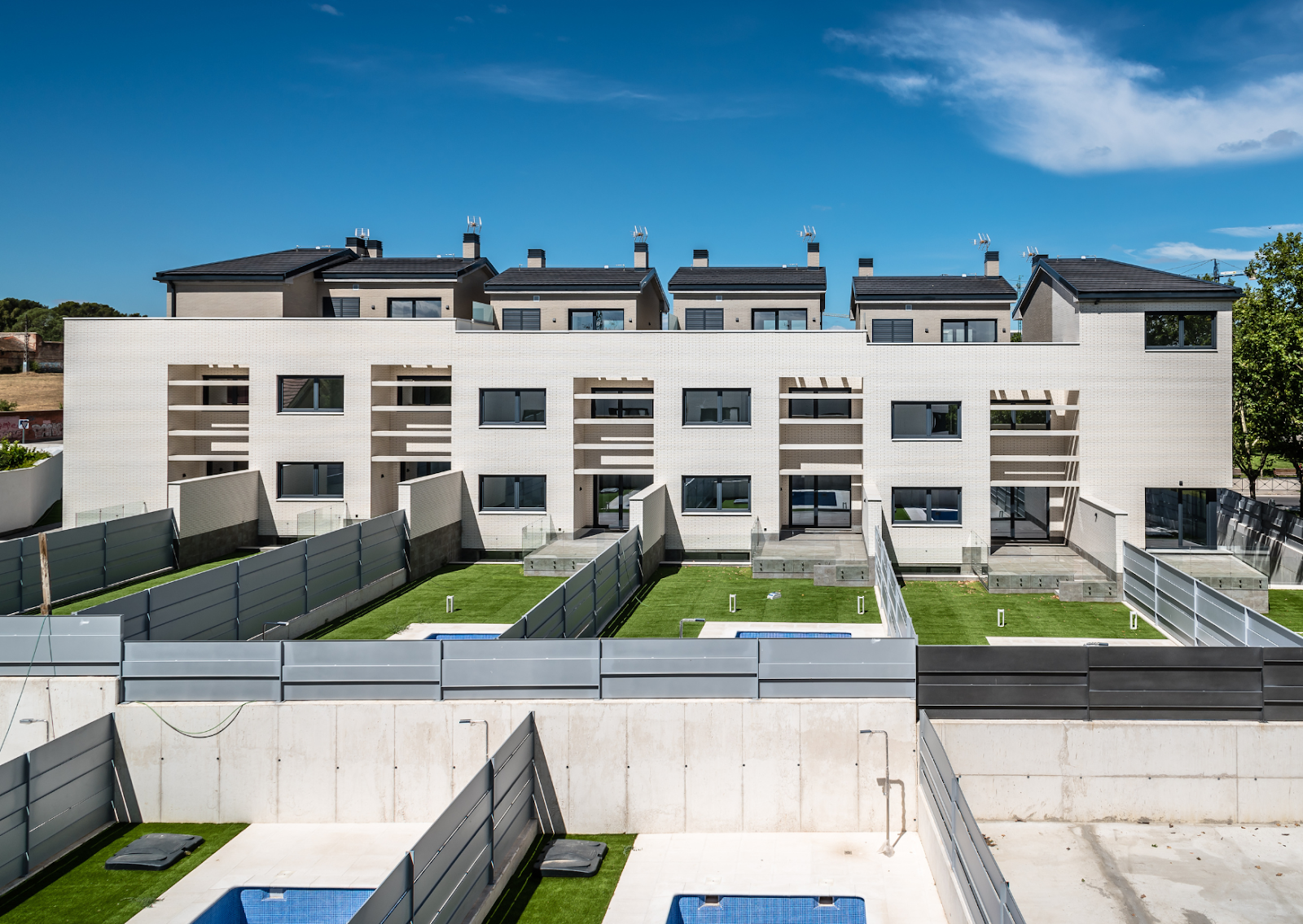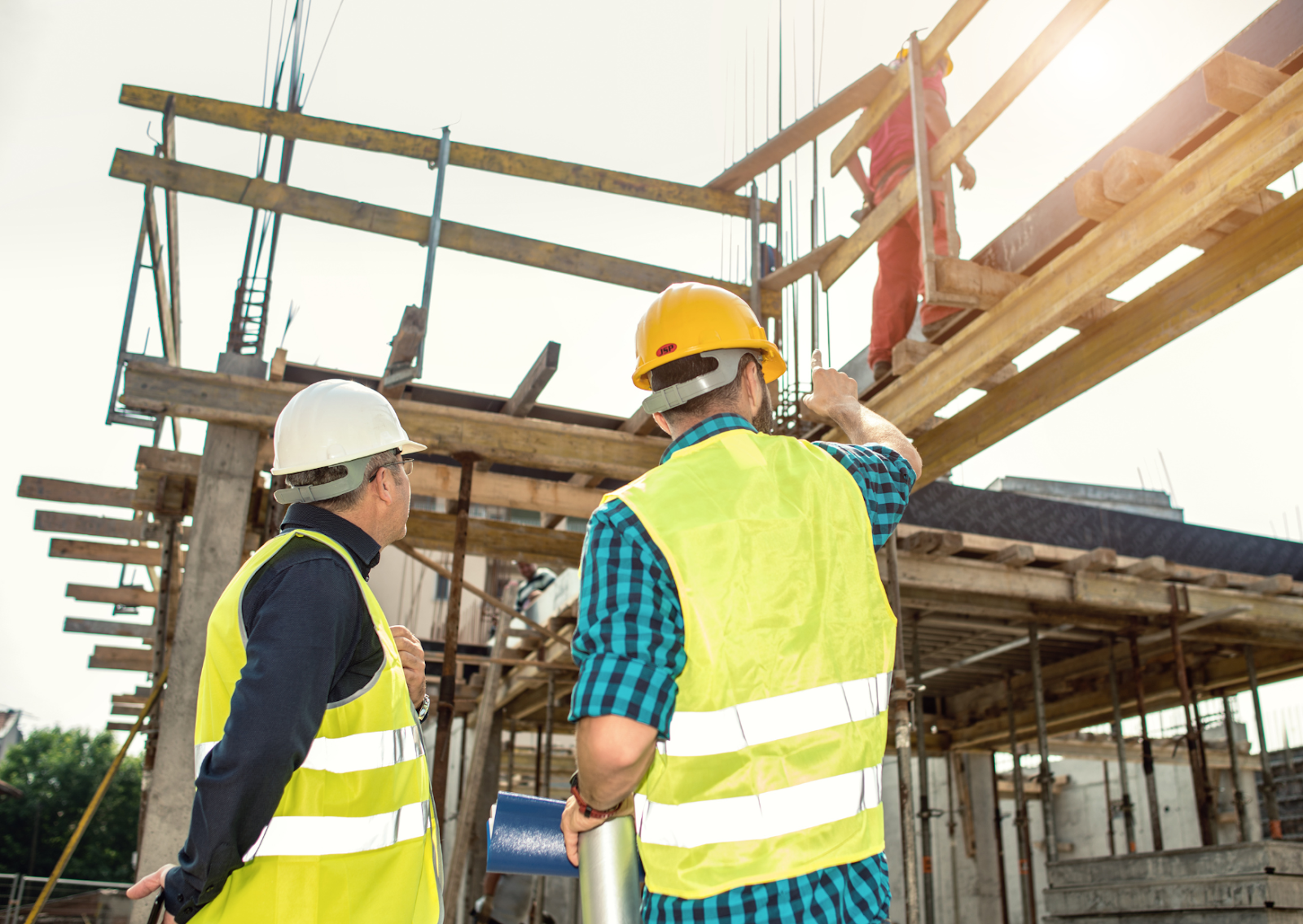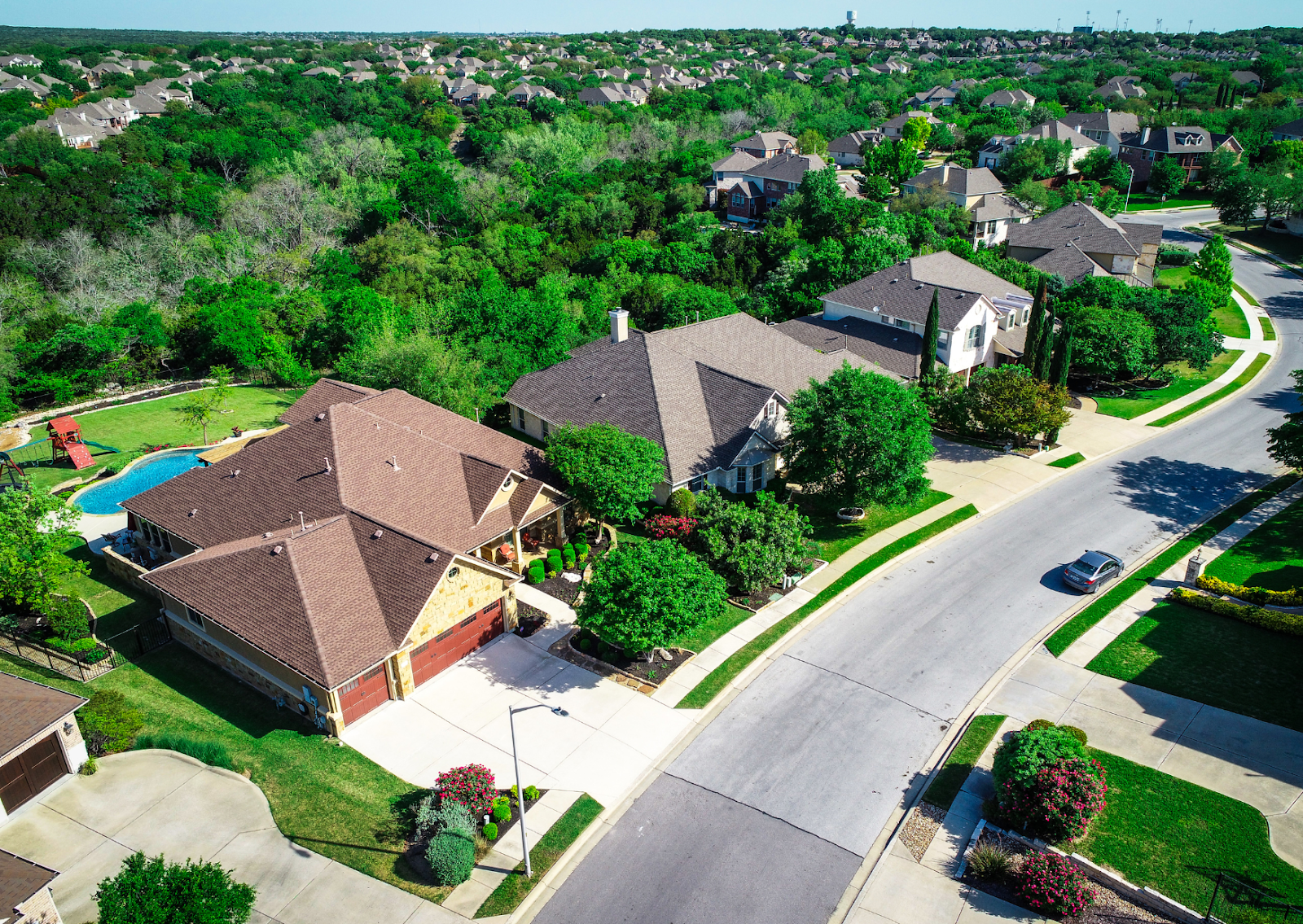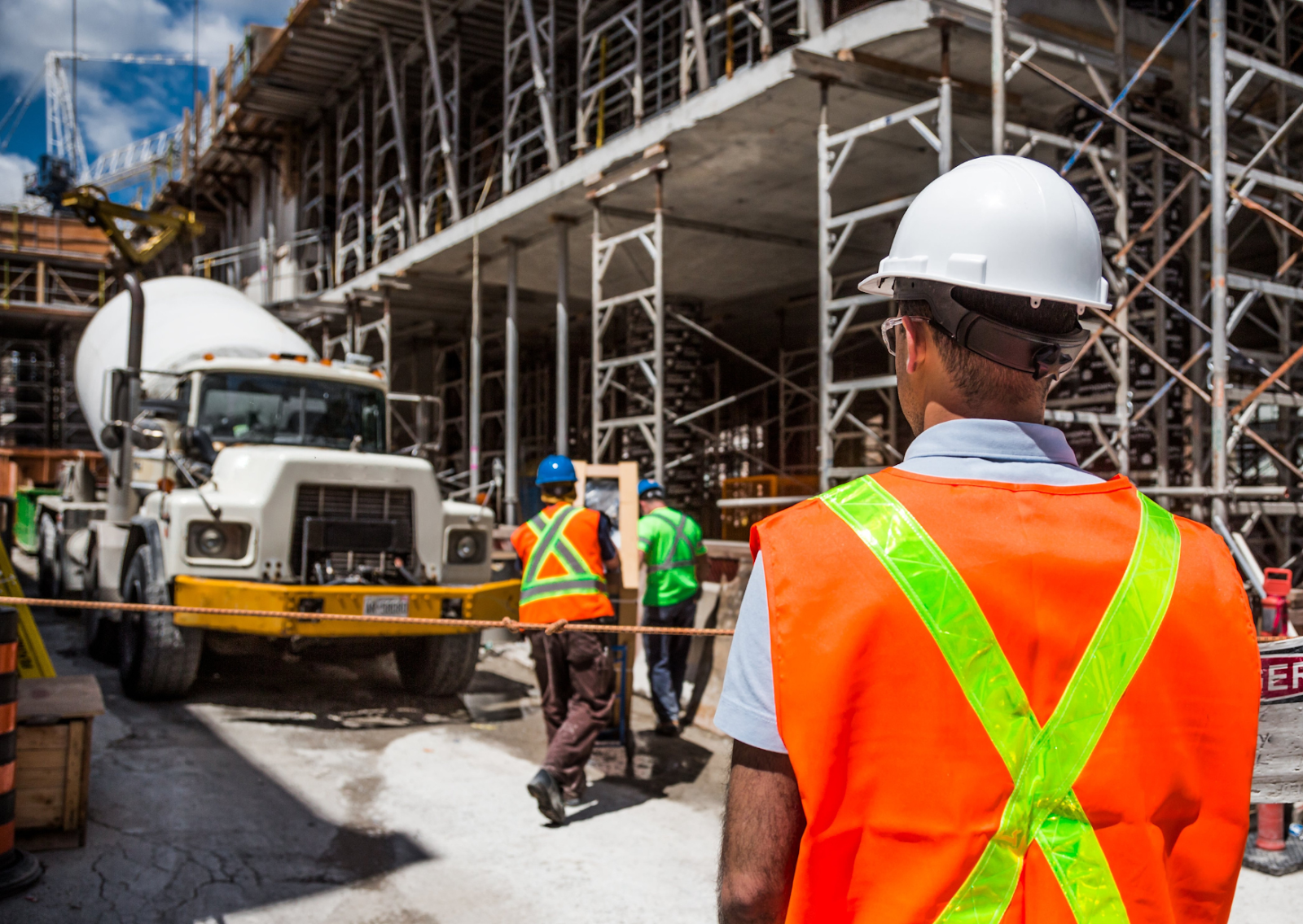How Does Real Estate and Land Development Begin in Los Angeles?
Every real estate and land development journey in Los Angeles begins with understanding the market landscape and identifying viable opportunities. Los Angeles is a sprawling and dynamic city, constantly evolving with demand for new residential, commercial, and mixed-use spaces. Before anything is built, developers must analyze whether a development project is feasible.
A typical process includes:
- Conducting market research and feasibility studies.
- Examining zoning laws and restrictions.
- Assessing site suitability and infrastructure.
- Forecasting development cash flow needs and return on investment.
The Urban Land Institute recommends thorough feasibility studies as a starting point. These studies assess whether a particular property type—such as commercial land or multifamily housing—will succeed in a particular neighborhood.
What Steps Are Involved in Acquiring Land for Development?
Land acquisition in Los Angeles is a competitive and high-stakes step. Developers must identify underutilized land or existing commercial property that can be transformed through creative estate development.
Key elements of this phase include:
- Identifying parcels of developed land or raw land with potential.
- Negotiating purchases or lease agreements.
- Navigating land entitlement and zoning changes.
Land entitlement is a major component in Los Angeles, requiring coordination with city planners and the state. It determines whether a developer can legally use the land for the intended purpose. In some development scenarios, developers may partner with landowners or pursue joint ventures to mitigate upfront costs.
How Is Design and Planning Handled in Real Estate Development?
Design and planning are critical phases where architectural vision meets regulatory compliance. For each development project, collaboration is required between architects, engineers, urban planners, and the real estate development company.
Considerations during this phase include:
- Architectural design and aesthetics.
- Compliance with state and local building codes.
- Environmental assessments.
- Sustainability and energy-efficiency planning.
- Accessibility and safety regulations.
In Los Angeles, design often reflects the unique character of neighborhoods while balancing growth and density goals. Sustainable building practices, such as LEED certification, are becoming standard expectations.
What Are the Regulatory Requirements for Land Development?
Developing land in Los Angeles involves navigating a complex maze of permits and approvals. The entitlements and permitting phase ensures the development complies with local, state, and environmental regulations.
This stage typically involves:
- Zoning review and land use permits.
- CEQA (California Environmental Quality Act) compliance.
- Building and grading permits.
- Fire and safety clearance.
- Historical preservation or community board approvals.
Each development scenario will vary, but skipping these steps can halt a project. Having an experienced development company that knows how to handle this process can accelerate project timelines.
How Is a Real Estate Development Project Financed?
Securing financing is essential for transforming vision into a built reality. Real estate and land development in Los Angeles often requires significant capital, and successful developers secure funding from diverse sources.
Common sources include:
- Commercial bank loans.
- Private equity or investor partnerships.
- Development cash from internal reserves.
- Institutional lenders and insurance firms.
Developers must build trust through solid financial models and market analysis. These financial models include construction cost estimates, rental income projections, exit strategies, and contingency plans. Lenders and investors must see that the developer can bring the project from initial stages to completed properties.
What Happens During the Construction Phase?
Construction is the visible phase of real estate development where plans are transformed into structures. In Los Angeles, a city known for its diverse building codes and seismic activity, this phase requires expert project management.
Key activities include:
- Hiring general contractors and subcontractors.
- Managing timelines and supply chains.
- Conducting inspections and quality checks.
- Maintaining safety and compliance standards.
Well-managed construction reduces cost overruns and delays. Mid Construction Group, for instance, oversees projects from groundbreaking to final walkthrough, ensuring that each phase of the process is delivered with precision and attention to quality.
How Do Developers Market and Lease or Sell Commercial Property?
Once the structure is built, the focus shifts to filling the building with tenants or buyers. Marketing commercial property in Los Angeles involves strategic outreach, positioning, and showcasing the value of the site.
Marketing efforts often include:
- Listing with commercial real estate brokers.
- Digital marketing campaigns.
- Model unit staging.
- Community open houses or launch events.
For commercial real estate, securing long-term tenants can be key to securing financing or sale. High-traffic locations, accessibility, and amenities all contribute to property appeal.
How Is Property Management Handled After Development?
After the handover, real estate developers often stay involved through property management services. Proper estate management ensures that the value of the developed land continues to appreciate and the commercial or residential space remains fully operational.
Property management tasks include:
- Tenant relations and leasing.
- Maintenance and repair services.
- Budgeting and operational expenses.
- Compliance with safety and accessibility standards.
In many cases, a developer will either manage properties in-house or hire a dedicated management company. Strong operations and responsiveness to tenants help ensure lasting success and brand trust.
Why Should You Choose a Full-Service Development Company?
Whether you are planning a commercial land project or seeking support through the entire real estate development process, working with a full-service company makes a critical difference. A trusted firm like Mid Construction Group can guide you from initial feasibility all the way to final occupancy. Call now!
Here’s what you gain:
- Deep knowledge of Los Angeles zoning and entitlements.
- In-house experts for design, construction, and management.
- Streamlined project management across all phases.
- High-quality outcomes tailored to your project goals.
Visit Mid Construction Group to start planning your next development project with confidence.
What Can We Learn from Real Estate and Land Development in Los Angeles?
Real estate and land development in Los Angeles is more than just construction—it is a deeply integrated process involving vision, planning, regulation, collaboration, and ongoing service. Each stage, from site acquisition to property management, plays a critical role in shaping the urban landscape.
Whether you’re a landowner, investor, or aspiring developer, understanding this full process helps you make informed decisions and avoid costly mistakes. By partnering with a reliable development company, you gain the tools, insight, and support needed to succeed in one of the most dynamic markets in the world.
Works Cited
California Department of Real Estate. “Real Estate Law.” 2023, https://www.dre.ca.gov.
City of Los Angeles Department of City Planning. “Zoning Code Manual and Commentary.” https://planning.lacity.org.
Urban Land Institute. “ULI Los Angeles.” https://la.uli.org.
California Environmental Protection Agency. “California Environmental Quality Act (CEQA).” https://calepa.ca.gov/ceqa.
Mid Construction Group. “Services – Development.” https://midconstruction.com/services/development/.
U.S. Small Business Administration. “Financing Options for Real Estate Development.” https://www.sba.gov.
National Association of Home Builders. “Construction and Development Resources.” https://www.nahb.org.
U.S. Department of Housing and Urban Development. “Multifamily Development and Management Resources.” https://www.hud.gov.
Frequently Asked Questions
1. What is the first step in a real estate and land development project?
The process begins with a feasibility study that evaluates the site, market demand, zoning restrictions, and financial projections to determine if the development is viable.
2. Why is land entitlement important in Los Angeles?
Land entitlement is crucial because it determines whether a property can legally be developed for its intended purpose. Without it, projects can be delayed or blocked entirely.
3. How do developers in Los Angeles fund their development projects?
Developers secure funding from a mix of sources, including bank loans, private equity, institutional investors, and internal development cash, depending on the scale and risk of the project.
4. What role does a full-service development company play?
A full-service company handles every stage of the process—from feasibility and design to construction and property management—ensuring seamless execution and regulatory compliance.
5. What happens after a development project is completed?
Once completed, the property enters the management phase, which includes leasing, maintenance, tenant relations, and long-term operations to protect the value of the investment.

